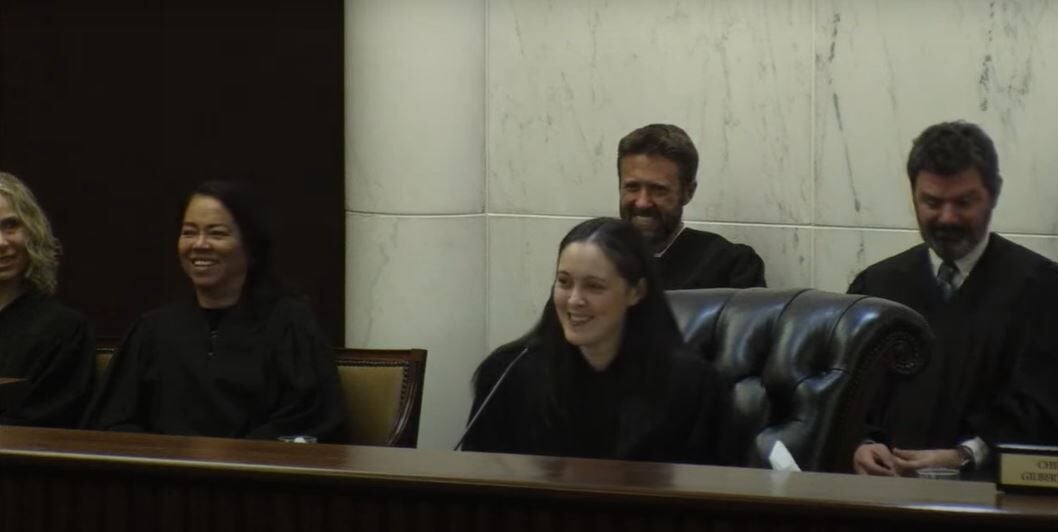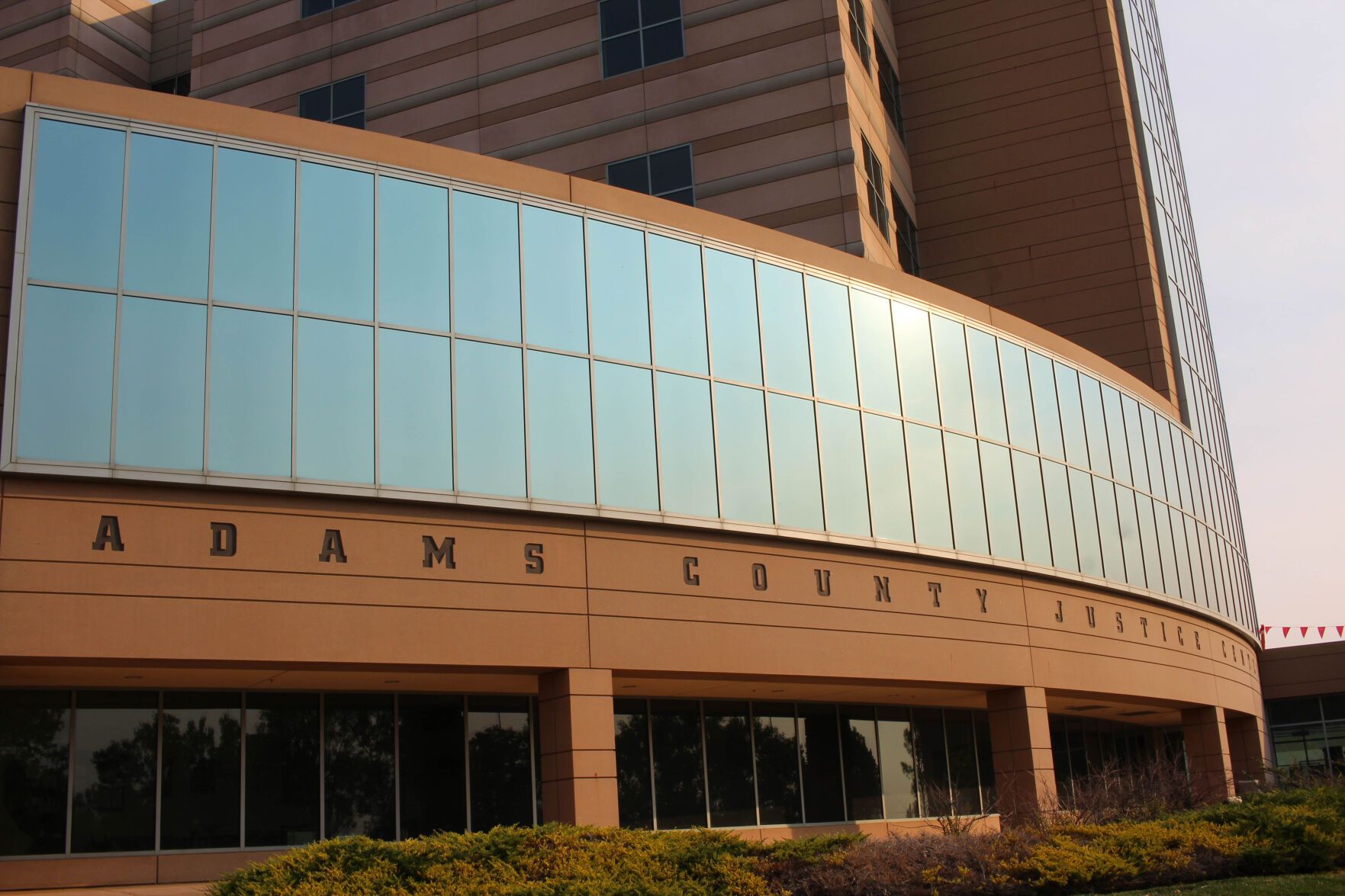Appeals court overturns Adams County drug convictions due to unconstitutional police conduct

Colorado’s second-highest court overturned a man’s drug convictions and 25-year prison sentence on Thursday after concluding two Northglenn police officers unconstitutionally transformed a traffic stop into a drug investigation without reasonable suspicion of a crime.
Clifton E. McRae, who was originally stopped for making an illegal turn, repeatedly declined to consent to a search of his vehicle. Eventually, he relented and officers found methamphetamine and fentanyl inside.
A trial judge rejected the defense’s motion to exclude the evidence from trial, finding the officers did extend the traffic stop into a narcotics inquiry, but they had grounds to think McRae had committed or would commit a crime.
However, a three-judge Court of Appeals panel disagreed that the information known to Officer Adam Schroeder, at the time he shifted his focus to the drug investigation, provided reasonable suspicion of a crime.
“Though it’s a close call, we conclude that the answer is ‘no,'” wrote Judge Katharine E. Lum in the Aug. 14 opinion.
Case: People v. McRae
Decided: August 14, 2025
Jurisdiction: Adams County
Ruling: 3-0
Judges: Katharine E. Lum (author)
Lino S. Lipinsky de Orlov
Neeti V. Pawar
The Fourth Amendment’s prohibition on unreasonable searches and seizures applies when law enforcement prolongs a traffic stop. If they extend the stop to investigate criminal activity, they must have reasonable suspicion at the time.
Late one night in January 2022, Schroeder observed a car pull into a 7-Eleven parking lot. A pickup truck then parked next to it. A woman exited the car and got into the truck. Schroeder could not see any activity inside, but the woman returned to the car a few minutes later. Both vehicles left the 7-Eleven.
Schroeder followed the two vehicles until the woman’s car took a different direction. Schroeder watched the pickup truck make an unlawful right turn and he pulled over the truck.
Schroeder, who had only been an officer for two months, asked McRae about what had happened with the woman. McRae said he was intending to buy gas for her. Returning to his patrol car, Schroeder learned McRae was on parole, although he did not know what the underlying offense was.
He decided he would ask McRae if he could search the pickup truck, and called for backup. Officer Darren Burton arrived and they briefly talked about what Schroeder saw in the parking lot.
“I wouldn’t be surprised if it was a drug deal. He’s out on parole,” said Schroeder.

The officers approached McRae and Schroeder asked to search the truck. McRae declined.
Burton noticed a plastic bag and asked if there was “drug paraphernalia” inside. McRae responded his pills were in the bag. The officers asked to see it and McRae again declined.
Sixteen minutes into the stop, they ordered McRae out of the pickup truck and continued to question him about searching the vehicle. Eventually, McRae made incriminating statements and said, “Just go get the s–t. You know it’s there.”
The defense moved to exclude the drug evidence from trial. Then-Adams County District Court Judge Robert W. Kiesnowski Jr. heard testimony from the officers and agreed the traffic stop “lasted longer than Officer Schroeder reasonably needed” to address the illegal turn. Yet, Kiesnowski believed Schroeder’s observations in the 7-Eleven parking lot, Schroeder’s belief that McRae’s explanations were suspicious and the “baggies” visible in the pickup — in reality, one bag — gave grounds for the search.
“Had officer Burton not observed the Ziploc baggies, which is central to the court’s finding and conclusion, the court would not have found that the Officers had probable cause to search defendant’s truck,” Kiesnowski wrote.
Separately, he barred McRae’s incriminating statements from being used as evidence because the officers had not given McRae a Miranda warning before interrogating him in custody.

After his conviction, McRae appealed. He argued Kiesnowski was mistaken to rely upon the observation of the baggie because that had occurred after Schroeder detoured the traffic stop into a drug investigation.
The government responded that McRae, as a parolee, had a “significantly diminished” expectation of privacy, citing the Colorado law that gives a “community parole officer” authority to search vehicles.
“Nervous behavior and suspected drug transaction — especially when viewed in light of Defendant’s status as a parolee — created reasonable suspicion,” wrote Yaried A. Hailu of the Colorado Attorney General’s Office.
The Court of Appeals panel rejected the argument that the officers could search McRae’s car because he was on parole, as they were not his “community parole officer.”
Lum wrote instead that the detour into a drug investigation happened at the time Burton arrived as backup.
At that point, she explained, “Schroeder knew (1) McRae and a woman had a brief interaction at the 7-Eleven; (2) McRae said that he and the woman were meeting to get gas; and (3) McRae was a parolee. We conclude that these observations — individually or collectively — don’t rise to the level of reasonable suspicion of criminal activity.”
Lum added that Schroeder did not even know the nature of McRae’s prior offense, so his status as a parolee was not suspicious on its own.
The panel ordered a new trial with the drug evidence excluded.
The case is People v. McRae.













